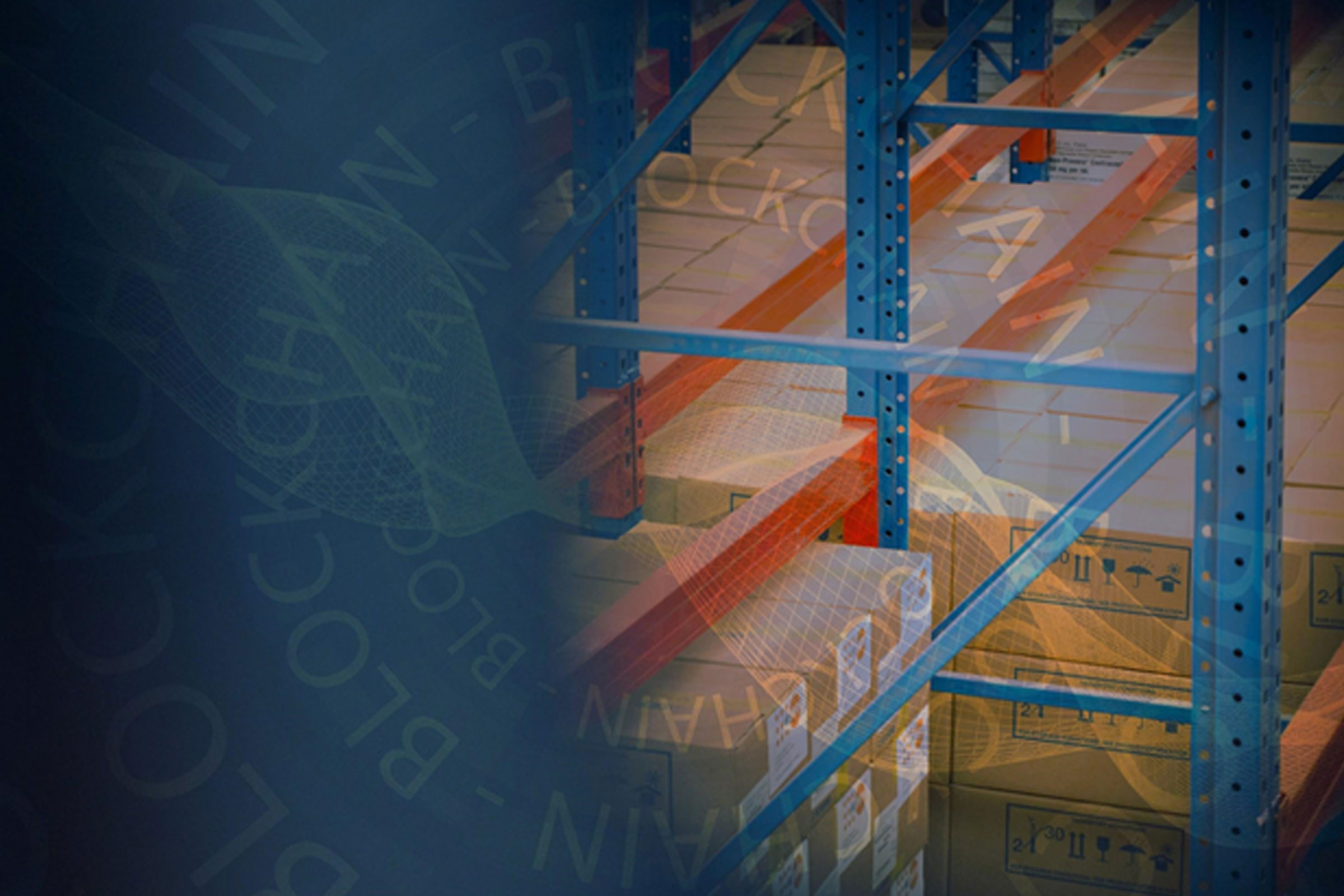

There’s a growing consensus that blockchain technology is the next step in the digitization of the supply chain, providing total visibility by bridging the remaining analogue gaps between systems within enterprises and across enterprise borders.
In other words, despite the advent of digitalisation, supply chain data still tends to exist in silos. These gaps become more apparent as supply chains evolve from linear systems into complex ecosystems of contract manufacturers and suppliers scattered across different parts of the world.
Blockchain technology solves this problem by making product information highly transparent. Instead of appointing an intermediary to oversee changes to these records, blockchains synchronise all data changes and transactions across all parties in the supply chain, from the manufacturer and distributor to the warehouse operator and retailer.
Aside from solving supply-chain problems, blockchain also helps companies meet the demand of tech-savvy consumers who demand transparency about the products they buy. Research shows that 81% of consumers in 2020 desired transparency from brands, while 29% want information about brands’ sustainability practices. Consumers want to know more about products’ ingredients or components, as well as how they are sourced.
This means that by providing trustworthy product provenance and transparency information through blockchain, brands can gain increased consumer confidence.
Benefits of blockchain technology from manufacturers to consumers
Blockchain technology has important ramifications in the manufacturing industry. Raw materials and end products change hands dozens of times as they move through production, processing, packaging, and distribution before falling into customers’ baskets. Product recalls prove that any products can be exposed to serious risks throughout this complex chain, whether it’s by contamination, spoiling, or products being outright replaced by something else.
Blockchain technology provides a much-needed solution for keeping accurate and updated records of all product history, allowing supply chain players to trace each product journey right back to its source.
4 main blockchain application scenarios
The possibilities for using blockchain technology in supply chain management are endless. But in terms of improving transparency, the unique attributes of blockchains can be leveraged in four main scenarios.
Provenance information
One of the key features of blockchain technology is its ability to store the provenance information of every product in the supply chain and issue official product certificates. This allows consumers to know the unique “story” of a product.
The practical benefits are immense. More recently, Singapore’s Health Sciences Authority (HSA) issued a health warning against three food products that contain prohibited chemical substances. The products had been previously banned but resurfaced in new packaging on local eCommerce sites. Blockchain-enabled products can nip this problem in the bud.
Product traceability
The immutability and traceability of blockchains ensure transparency. Everyone involved in your supply chain has the same copy of the ledger, which prevents unintentional mistakes and tampering of transaction history.
This is particularly crucial in the second-hand market as it provides truthful data that facilitates buyers’ understanding of your products. This gives them the confidence to continue trading.
Product authentication
When products are traceable, both sellers and consumers can verify their origin and authenticity.
Blockchain, combined with serialization, various tagging and digitalization techniques such as smart packaging, can also help prevent product tampering. For example, a ‘smart’ bottle cap equipped with a sensor will let you know if the seal has been broken. If this happens at a distributor’s warehouse, all concerned parties would know thanks to the smart cap’s blockchain integration. This would prevent retailers from selling inauthentic products. Manufacturers could also identify attempts to tamper with a product, which could lead to prevention of counterfeiting.
Product ownership
A blockchain provides companies with an official and authoritative registry that can be distributed to all their supply chain players. The blockchain then stores the information of:
- All product items
- Sales and purchase history of products
- Transaction activity in the secondary market
Features like chain of command and chain of ownership—elements that ensure the integrity and reliability of a supply chain—are built into the blockchain. Records can be changed only through consensus among supply chain entities, preventing any disputes concerning the veracity of transactions.
Building consumers’ confidence with blockchain
Blockchain technology is already shaping up to a critical value driver in almost any organization. Companies are seeing the value that blockchain can provide in terms of improving consumers’ trust in their brands. By providing clear and trustworthy information about product provenance, ethical sourcing, responsible supply chain practices, and authenticity, blockchain allows brands to build up consumer confidence in their products. And thanks to technology that turns items and packaging into ‘smart’ products, consumers can access this information with ease and speed.
To maximize the transparency of your supply chain, consider using a brand protection solution like AccessReal, which is a Cloud Service for Brand Protection, Anti-Counterfeit, Track and Trace and Customer Engagement. AccessReal’s Blockchain Module guarantees full supply chain transparency and is integrated with the AccessReal Track and Trace Module with product serialization to further enhance product information and data recording. While AccessReal supports a wide range of tagging technologies and with its unique anti-counterfeit QR Code, it can help you to prevent counterfeits in your supply chain and boost your customers’ confidence in your products.